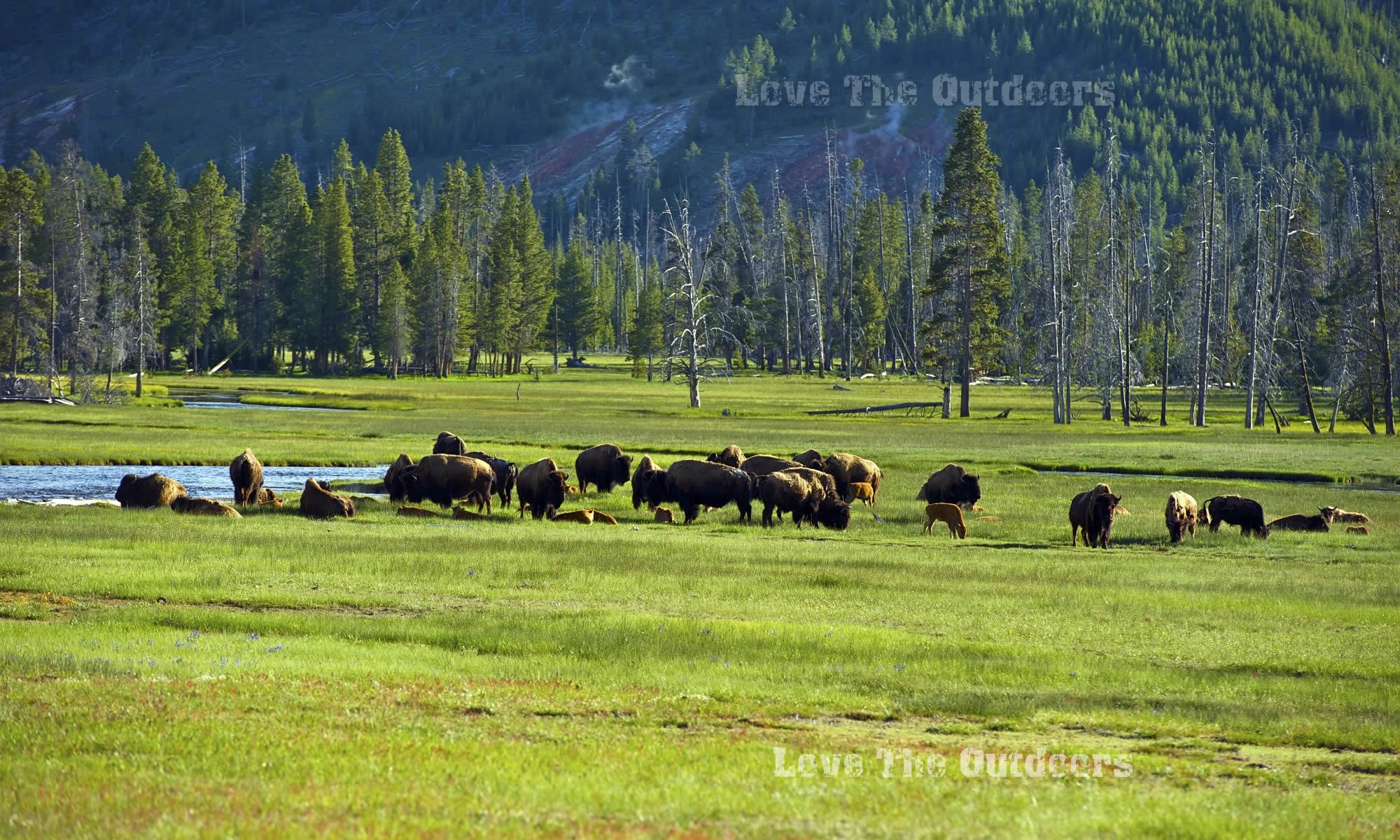Keeping the bugs away on a camping trip can be a monumental task, especially in the spring and summer months. No matter where you are geographically, the indigenous creepy crawlies always find a way to your campsite. In many cases, bugs are far more than an annoyance. They can cause itchy bites, ruin food, and even spread disease. And though your personal defense against these tiny invaders is indefinite, there are steps you can take to minimize the impact of insects on your next camping trip.
Finding a Bug-Free Zone
 It’s a well known fact that insects congregate around specific spots. In general, they tend to be attracted to stagnant water in low lying areas. If you camp in a warm, moist climate, avoiding these areas is especially important. Try to find a suitable campsite on high ground – preferably a hillside. Keeping away from flat, low lying areas will minimize the chance of standing water being anywhere near your campsite. Adhere to this rule even if it’s dry, as even a small amount of rain will bring the insects to your camp quickly. Similarly, make sure the spot you set up at is a reasonable distance from any body of water. Though it may be convenient to camp just steps away from your favorite fishing hole, the price you pay (likely in bug bites) will offset the advantages.
It’s a well known fact that insects congregate around specific spots. In general, they tend to be attracted to stagnant water in low lying areas. If you camp in a warm, moist climate, avoiding these areas is especially important. Try to find a suitable campsite on high ground – preferably a hillside. Keeping away from flat, low lying areas will minimize the chance of standing water being anywhere near your campsite. Adhere to this rule even if it’s dry, as even a small amount of rain will bring the insects to your camp quickly. Similarly, make sure the spot you set up at is a reasonable distance from any body of water. Though it may be convenient to camp just steps away from your favorite fishing hole, the price you pay (likely in bug bites) will offset the advantages.
Keeping Bugs Away From Your Tent
 Insects can ruin a campsite in a matter of hours. For some reason, they seem to have the uncanny ability to find your food storage and sleeping bags. Limiting their impact on your campsite can be done pretty simply, though. The next time you go camping, bring along a few citronella candles or torches. Use them to set up a perimeter around your living space. They’ll keep most bugs from entering the site. Additionally, make an effort to keep all of your food sealed. Use Ziploc bags and coolers to limit access from all unwanted guests.
Insects can ruin a campsite in a matter of hours. For some reason, they seem to have the uncanny ability to find your food storage and sleeping bags. Limiting their impact on your campsite can be done pretty simply, though. The next time you go camping, bring along a few citronella candles or torches. Use them to set up a perimeter around your living space. They’ll keep most bugs from entering the site. Additionally, make an effort to keep all of your food sealed. Use Ziploc bags and coolers to limit access from all unwanted guests.
Personal Protection From Insects
 Keeping bugs off your body is as simple as finding the right insect repellent. Though DEET-free insect repellent is great for backyard camping, it probably won’t do the job in the woods. Unless you have real youngsters in your party or are concerned about the substance itself, use bug spray that contains DEET. It’s the most effective active ingredient in powerful repellents. Apply it regularly, and be liberal with its use. You can also use mosquito nets to protect your tent as an addition or alternative.
Keeping bugs off your body is as simple as finding the right insect repellent. Though DEET-free insect repellent is great for backyard camping, it probably won’t do the job in the woods. Unless you have real youngsters in your party or are concerned about the substance itself, use bug spray that contains DEET. It’s the most effective active ingredient in powerful repellents. Apply it regularly, and be liberal with its use. You can also use mosquito nets to protect your tent as an addition or alternative.
No camping trip is completely bug free. But with the use of these tools and techniques, you can ensure that they won’t ruin everyone’s good time in the great outdoors.


For flies around the picnic table, if you fill a clear plastic bag half full with water and hang it, the flies just disappear!! You may need several bags to cover larger multifamily camp sites (for example when camping w scouts and their families).
Some snakes can be repelled by placing small round mothballs near your tent or the kids play area. (You can use old plastic bottle drink lids to place the moth ball in it)
Be careful if small kids or pets are near area- prevent accidental poisoning by placing moth balls away from their immediate reach or line of vision.
I’ve been bitten a few times during camping and the lotions I really don’t like. Do the citronella candles really work?